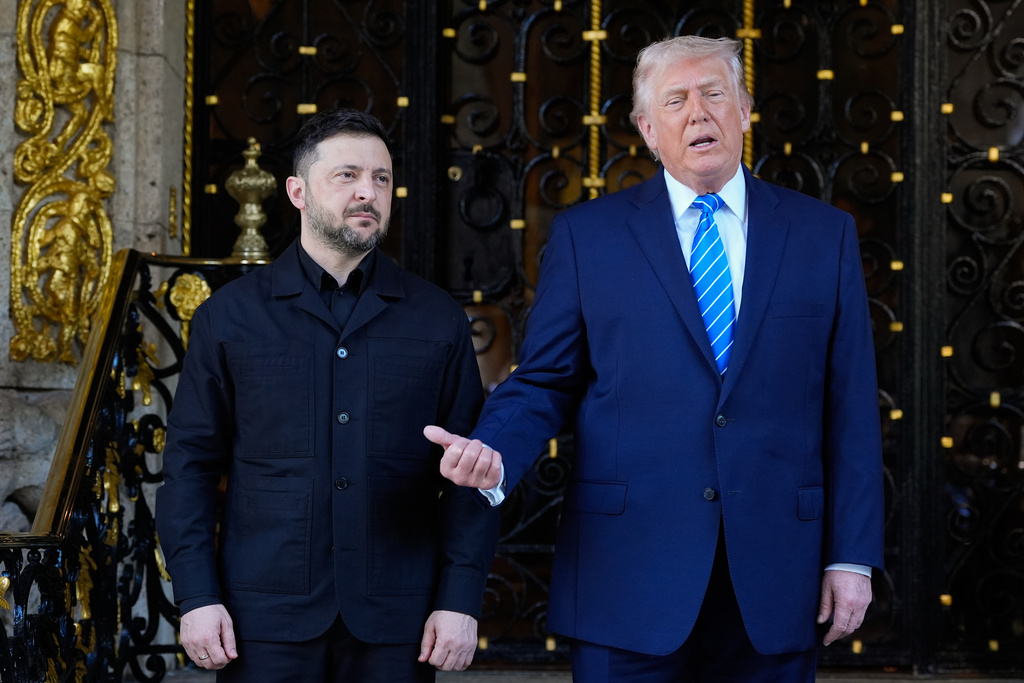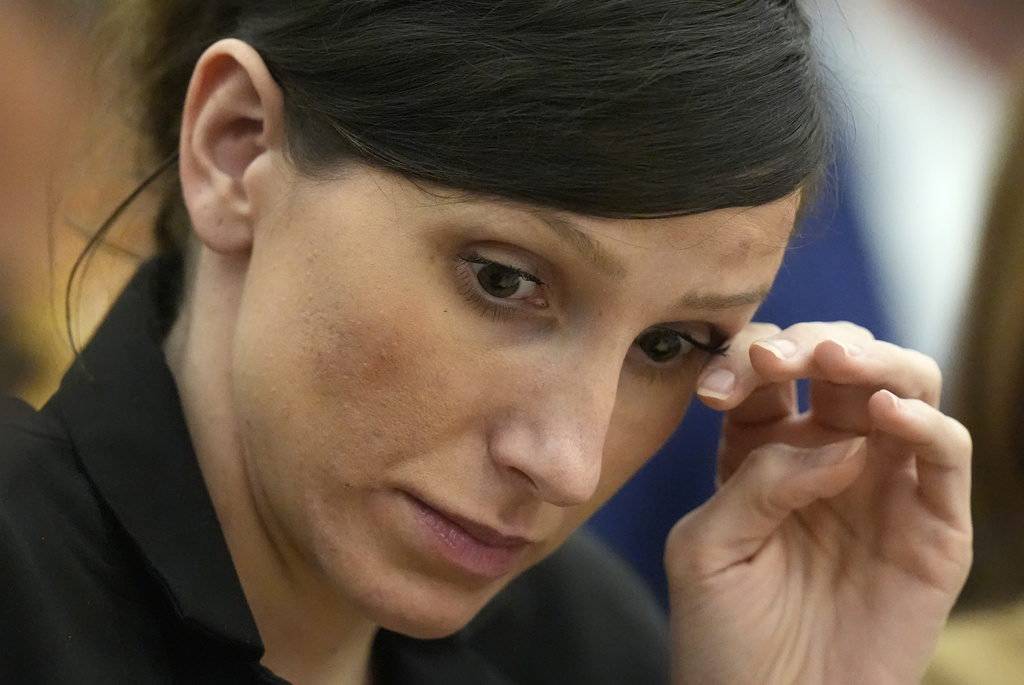Christian Aoverzsilva and Gerson Quintersos have spent the summer phone banking and canvassing to get people to the polls on November 6. But they can’t vote because they’re both undocumented immigrants.
"If we don’t stand up as a whole, who is going to stand up? It has to be us. It has to be the youth, it has to be those who believe in our values we have to come as a community as a whole to make sure that America becomes the country that we want it to be," said Aovarezsilva, 17.
"Even though we can’t vote, we can get voters out there and people who can actually support us and get somebody who can actually protect our community," said 23-year-old Gerson Quintersos.
They came to the U.S. with their families when they were children. Quintersos from El Salvador when he was 9 and Aoverzsilva from Mexico when he was 8.
"I didn’t understand what undocumented meant. I was eight. I felt like we were just moving somewhere else. It didn’t get to me what the label undocumented was until recently. We’re labeled as something else that we’re not," Aovarezsilva said.
Now they are working with United We Dream, the largest immigrant youth-led community in the country, to call on their allies to support immigrants who can’t advocate for themselves at the polls. The group says it has more than 400,000 members working in 26 states.
"We usually phone bank in the afternoons from 3-6 and then on the weekends we go to Frederick county from 9am to 3pm. We go door knocking and we just let them know about the campaign and how they can get involved," Aovarezsilva said.
The Washington, D.C. chapter of United We Dream has been focusing it’s get out the vote efforts in Frederick, Maryland where sheriff Charles (Chuck) Jenkins, is up for re-election.
Under Jenkins, the sheriff’s office has partnered with ICE to help find and detain people they suspect are undocumented immigrants before handing them over to federal immigration officials for deportation.
The vote comes at a time when Americans are deeply divided on immigration. In a June Gallup Poll, 43 percent of Americans surveyed said they strongly favor a pathway to citizenship for immigrants who were brought to the country illegally as children. 40 percent said they favored it and 11 percent said they opposed it.
"As of recently there’s been attacks on the immigrant community and I feel that it’s essential that voters go out and vote for people that would stand up for the immigrant community, you know and take advantage of the voting right that many people wish they had," Aoverzsilva said.
"I want to see people go out and vote," Quintersos said. "They have the privilege to do it. That’s something as its a privilege that I don’t know if I’m ever going to get, right? But it’s amazing to see the change, they can actually make changes through voting."











